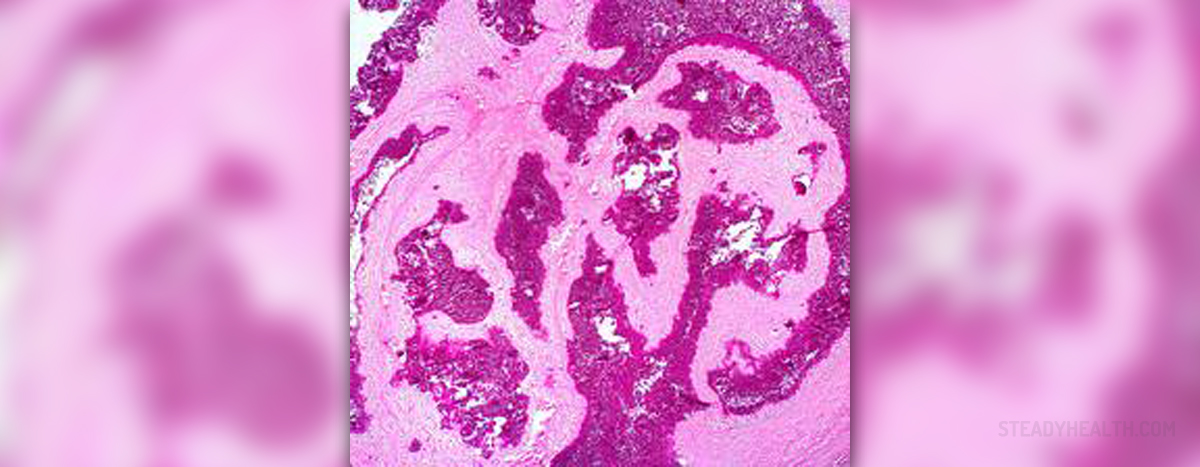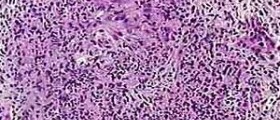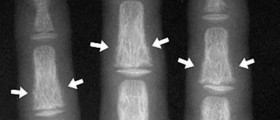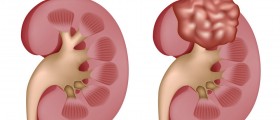
Acute renal failure is a disease common among older people, especially among those suffering from chronic illnesses like diabetes, hypertension, heart failure and liver or kidney problems. Patients who have experienced bone marrow transplant, heart surgery or some kind of abdominal surgery may also have increased chance to develop renal failure. Obese people are also prone to acute renal failure as well as hospitalized patients, especially patients in intensive care unit (ICU).
What Causes Acute Renal Failure?
This type of kidney problem may be caused by a sudden drop of blood flow in the kidneys, blockage or urine or by the use of certain medications, exposure to poisons or some infections. Injuries, serious infections or extreme loss of blood are all known to decrease blood flow to the kidneys, cause dehydration and damage these organs, leading to acute renal failure. Another possible explanation of renal failure might include kidney stones, tumors, injuries or even enlarged prostate. Such conditions prevent the urine to leave the kidneys and cause subsequent problems.
Medications may also cause acute renal failure, especially in patients suffering from some severe diseases. Gentamicin and streptomycin, other antibiotics, painkillers such as Aspirin or ibuprofen and medications used to treat hypertension like ACE (angiotensin-converting enzyme) inhibitors may all be causes of renal failure. Certain X-ray tests require application of some dyes and these can also provoke acute renal failure in some patients.
Recognizing Symptoms and Looking for Treatment
Decreased amount of urine or no urine at all indicates problems with the kidneys and possible renal failure. Lack of appetite, nausea, vomiting and swelling of the legs and feet may also lead your doctor to suspect kidney problems. Many patients suffering from acute renal failure experience sleepiness, confusion or even restlessness and anxiety. There might be so-called flank pain, located below the rib cage.
A nephrologist ( a specialist for kidney problems) or your doctor will try to treat the cause of your kidney failure. Besides, he/she may recommend dialysis, to prevent accumulation of waste products in the body. This procedure uses machines to perform the work your kidneys which are not able to function at the moment and patients usually feel much better after the treatment. Some patients may need antibiotic drugs or some other medications to prevent or treat some accompanying health problems, such as electrolyte imbalance or fluid build-up.
Treatment may also include a change in the dietary habits and your doctor may recommend limiting the amount of sodium, phosphorus and potassium in your meals.
How to Prevent Renal Failure?
Avoiding situations and medications that may cause kidney failure is the best course of action to prevent this problem. Patients that are more likely to develop this condition must be very careful when starting the treatment with any new medications. If you are already in a hospital because of some surgical treatment or any other medical problem, doctors can carefully monitor your fluid balance, blood pressure and intake and output of fluids. Hospitalized patients may also need frequent blood tests and special diet in order to prevent any kidney problems.

















Your thoughts on this
Loading...